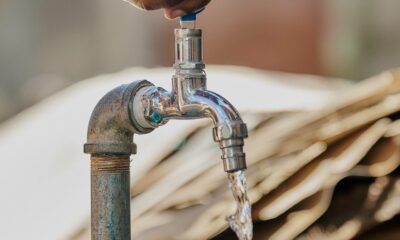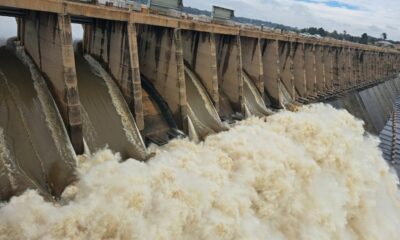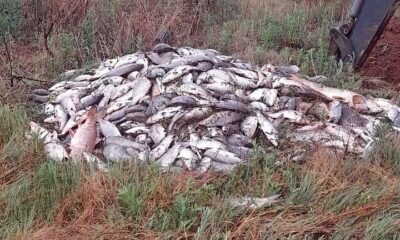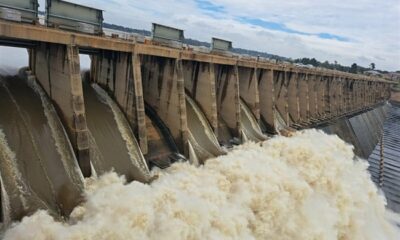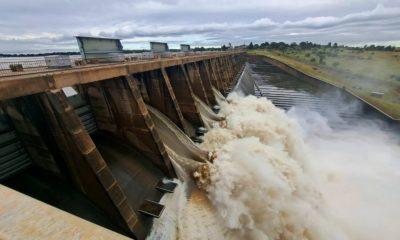News
New Regulations Guarantee Safe Drinking Water for Every Household in KwaZulu-Natal

A new promise for clean water
The Department of Water and Sanitation has laid down firm new rules that could change everyday life for families across KwaZulu-Natal. From now on, every household in the province must be provided with a minimum of six kilolitres of safe drinking water each month. The water must be available for at least 358 days of the year, and it has to flow at no less than ten litres a minute.
For indigent households, this basic allocation will be free. Tariffs will only apply when usage goes beyond the guaranteed amount.
Why this matters
Access to clean drinking water is not just a service but a constitutional right in South Africa. Yet many communities, especially in KwaZulu-Natal’s rural districts and informal settlements, have struggled with unreliable supply for years. These new regulations aim to close the gap by setting out clear, compulsory standards that municipalities can be held to.
In informal settlements, municipalities will be required to provide interim water supply services within 90 days of identifying a need. Accurate metering, maintenance, and timely repairs are also no longer optional but mandatory.
The municipalities involved
The department has already begun workshops with Water Services Authorities from Umngungundlovu, Umsunduzi, Zululand, Umkhanyakude, Harry Gwala, Uthukela, Umzinyathi, and Amajuba. These gatherings bring municipal leaders together with the Municipal Infrastructure Services Agency to ensure no district is left behind.
Spokesperson Wisane Mavasa explained that the revised norms, gazetted earlier this year, are not only about reliable supply but also about protecting public health, ensuring environmental sustainability, and reinforcing the dignity that comes with proper sanitation.
Education and accountability
The regulations go beyond pipes and taps. Municipalities must now also roll out education programmes on water use, hygiene, and groundwater management. Within two years, each authority will need to file a plan showing how all households in their jurisdiction will be upgraded to at least basic service levels.
Chief Director André van der Walt emphasised that the rules are not about punishment. Where a municipality cannot comply immediately, it must submit a progressive implementation plan to the department within six months. These plans will be monitored through the Integrated Regulatory Information Management System.
Bigger picture: a shift in governance
For too long, water crises in South Africa have been seen as inevitable. Communities in KwaZulu-Natal have lived through boil notices, water tank shortages, and failed infrastructure projects. By tightening accountability, these regulations mark a clear shift toward treating water access as a non-negotiable right.
The framework also encourages integrated planning across different levels of government. That means issues like stormwater management and sludge disposal, often overlooked, will have to be tackled as part of the bigger picture.
Looking ahead
These changes will not fix decades of water challenges overnight, but they set a bar that municipalities can no longer ignore. For households that have carried buckets for kilometres or waited hours for water trucks, the promise of six kilolitres a month is more than a statistic. It represents dignity, security, and the hope that South Africa’s most basic promise to its people is finally being taken seriously.
Also read: High Court Clears Xanthea Limberg and JP Smith After Unlawful Raids
Follow Joburg ETC on Facebook, Twitter, TikT
For more News in Johannesburg, visit joburgetc.com
Source: IOL
Featured Image: News24

